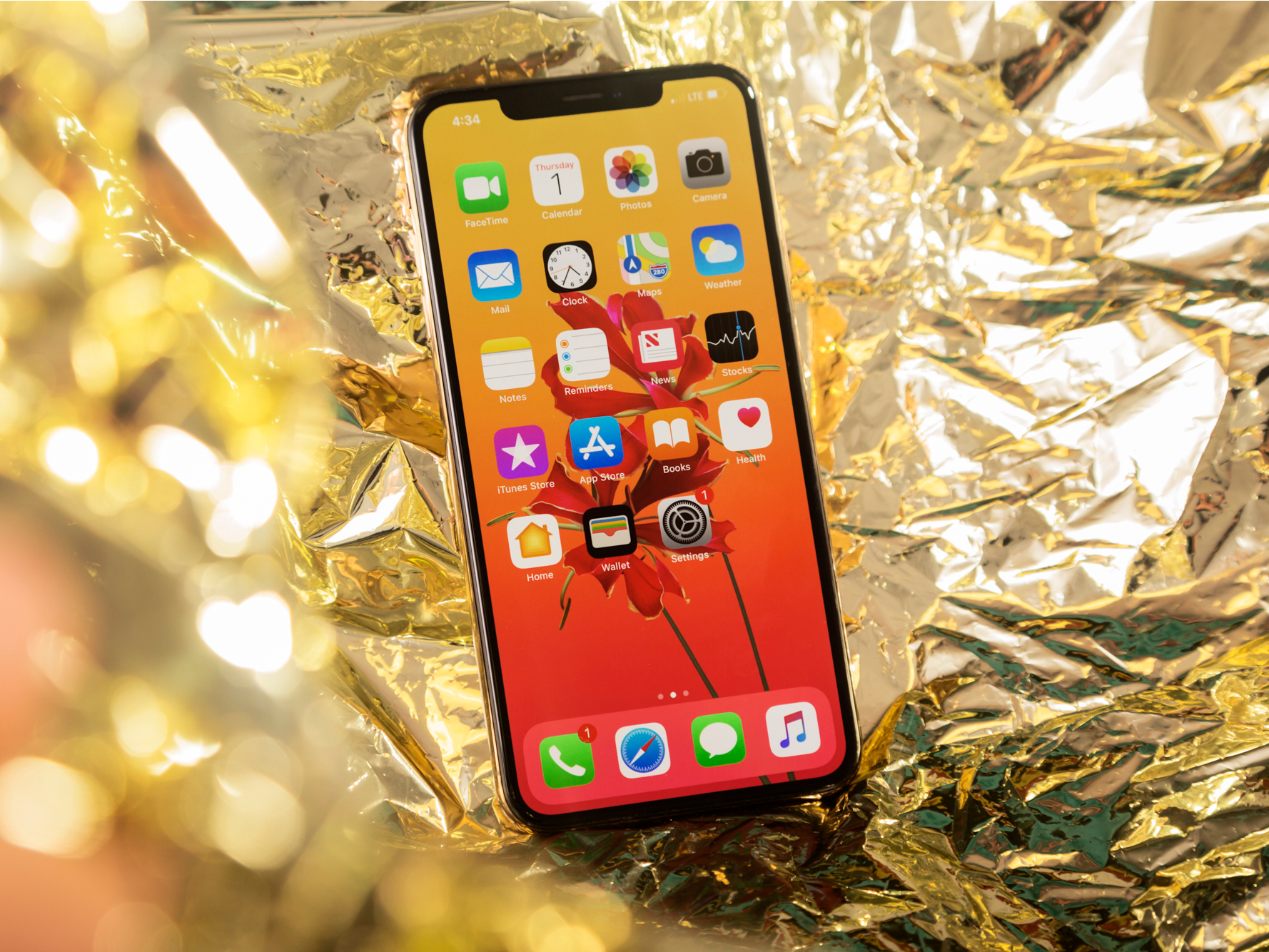- If the brightness keeps changing on your iPhone, you may want to turn off auto-brightness and Night Shift.
- Any iPhone with iOS 11 or higher automatically comes with the auto-brightness and Night Shift features, and both will periodically change the brightness on your iPhone depending on the surrounding light conditions to reduce eye strain.
- It’s easy to turn off these features in Settings, where you can also manually adjust the brightness on your iPhone (this can also be done in the Control Center).
- Visit Business Insider’s homepage for more stories.
If your iPhone is up to date with iOS 11 or later, chances are your phone’s brightness sometimes changes automatically.
Auto-brightness, a feature introduced with iOS 11, aims to help users by adjusting brightness through sensors based on the surrounding light.
This means your iPhone’s brightness automatically becomes brighter in brighter environments, and dimmer in darker ones. It also helps conserve battery life.
Night Shift, another feature that comes with the newer iOS versions, changes your iPhone’s color and brightness during specified times, typically from sunset to sunrise.
For some, these can be a bother, because the sensor can be ticked off with just the slightest change, and Night Shift can turn on when you may not be ready for it.
Here's how to turn off auto-brightness and Night Shift on your iPhone, and how to adjust the brightness manually once the automatic options are disabled.
Check out the products mentioned in this article:
iPhone Xs (From $999.99 at Best Buy)
How to turn off auto-brightness on your iPhone
To turn off auto-brightness, a sensor which changes brightness frequency depending on light conditions, follow these steps:
1. Launch Settings.
2. Tap General.

3. In General, tap Accessibility.

4. Under the Vision submenu, tap Display Accommodations.

5. Find "Auto-Brightness" - to turn it off, tap the slider off to the right so that it's no longer green.

How to turn off Night Shift on your iPhone
To turn off Night Shift, a default iPhone feature that automatically changes the colors of your screen for less strain on your eyes (particularly at night) follow these steps:
1. Launch Settings.
2. In Settings, scroll to find "Display & Brightness."

3. Under "Brightness" and "True Tone" tap "Night Shift" - if Night Shift is on, you may see a listing of set times next to it.

4. To turn off a scheduled Night Shift, tap the slider so it is no longer green. To change the scheduled Night Shift time, tap "From To" and edit the times you want Night Shift to start and end.

How to change brightness manually on your iPhone
There are two ways to change brightness manually on iPhone if you've turned auto-brightness and Night Shift off.
First is the Control Center dropdown menu, which is accessible whether your iPhone is locked or not.
Swipe down on the top right-hand corner of your screen on an iPhone X or later (or up from the bottom of your screen on an earlier iPhone model), and change the brightness by sliding your finger up and down on sun icon. To turn Night Shift on, press and hold the sun icon, and tap the Night Shift icon on the bottom left.

You can also change the brightness by going to Settings > Display & Brightness > Brightness, and sliding to your desired brightness.
Related coverage from How To Do Everything: Tech:
-
How to turn off auto-brightness on your iPhone, and manually change its brightness in 2 ways
-
How to turn off the flashlight on your iPhone in 2 different ways
-
How to turn an iPhone's 'Do Not Disturb While Driving' mode on or off, or set it to enable automatically
-
How to use Do Not Disturb on iPhone manually, or schedule it to activate at a specific time each day

